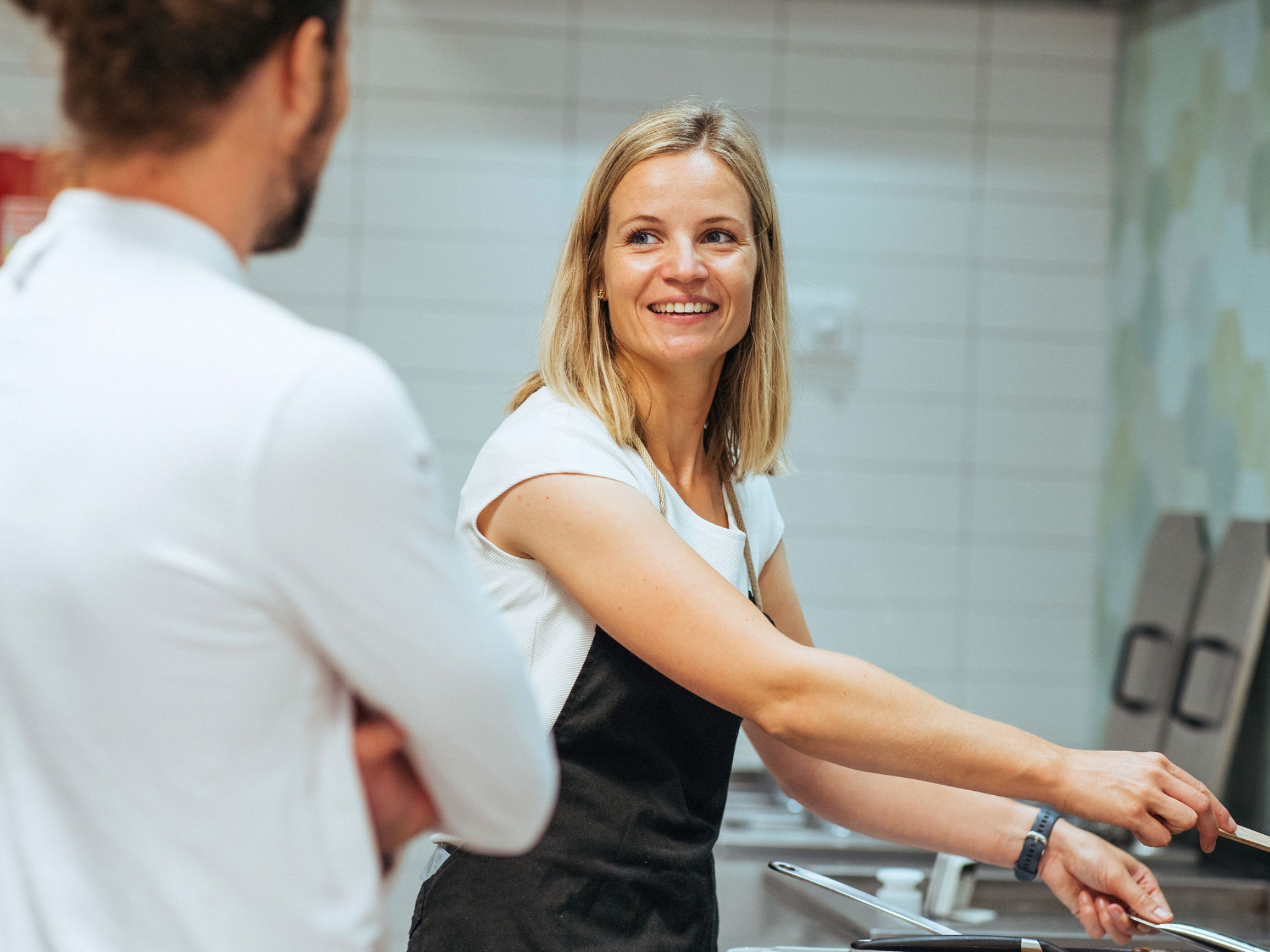
Dutch food tech firm Rival Foods has secured €10M ($11.5M) in funding to scale up its suite of whole-cut plant-based meats, which contain minimal ingredients and high amounts of protein.
If there are three things consumers want from their plant-based meat today, it’s fewer ingredients, lower prices, and better taste and texture.
Dutch startup Rival Foods is attempting to do it all. Using shear-cell technology to replicate animal muscle fibres with plants, its meat alternatives undergo minimal processing while maximising texture and protein.
To expand its technology, the firm has raised €10M ($11.5M) in a Series B funding round led by Dutch pension fund ABP, with participation from Pymwymic and ROM Utrecht Region and follow-on investment from PeakBridge.
“This investment marks a major milestone in our mission to make high-quality plant-based meat mainstream,” said Birgit Dekkers, founder and CEO of Rival Foods. “With the backing of world-class investors, we’re ready to scale fast and reshape the future of protein. We’re called Rival for a reason –we’re here to be one.”
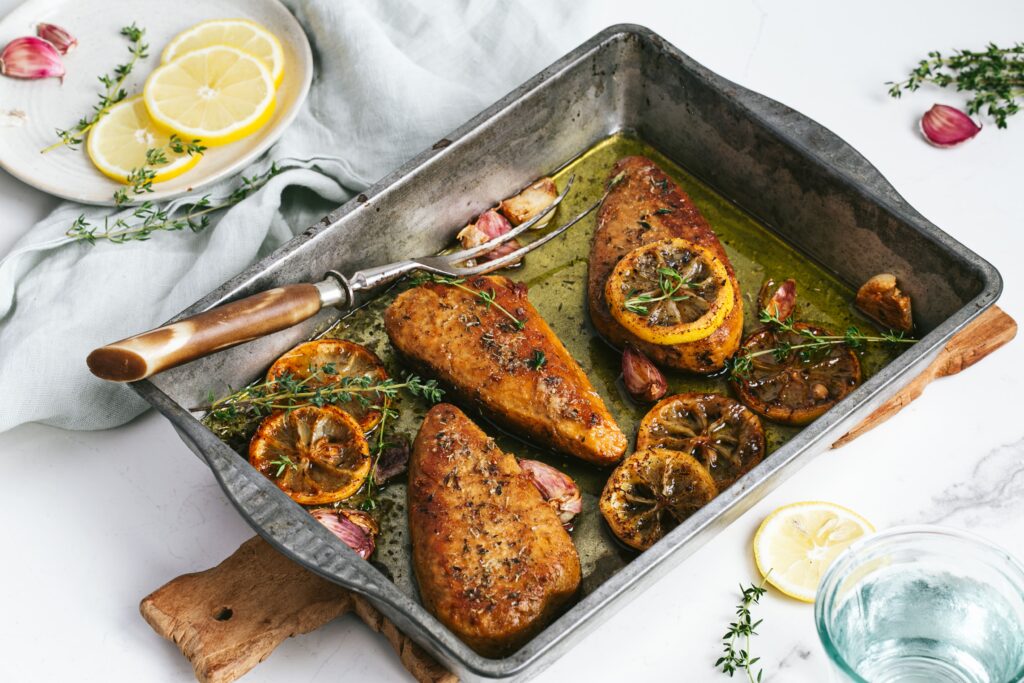
Rival Foods looks to meet anti-UPF demand
Founded in 2019 as a spinoff from Wageningen University & Research, Rival Foods is among several startups specialising in whole-cut meat alternatives. These products aim to mimic the fibrous texture loved by meat-eaters, addressing a key pain point for plant-based meat.
Sensory testing shows a 38-point gap in texture preference between the average animal and plant-based meat product, with the latter being liked by less than three in 10 omnivores in the US. Another survey found that 22% of Americans are reducing their intake of vegan alternatives due to poor texture.
Elsewhere, 26% of Germans say they’d pay more for a plant-based product if it has the same taste and texture as the food it’s hoping to replace. In the UK, too, 51% of people say taste/texture is the biggest factor driving them away from meat alternatives.
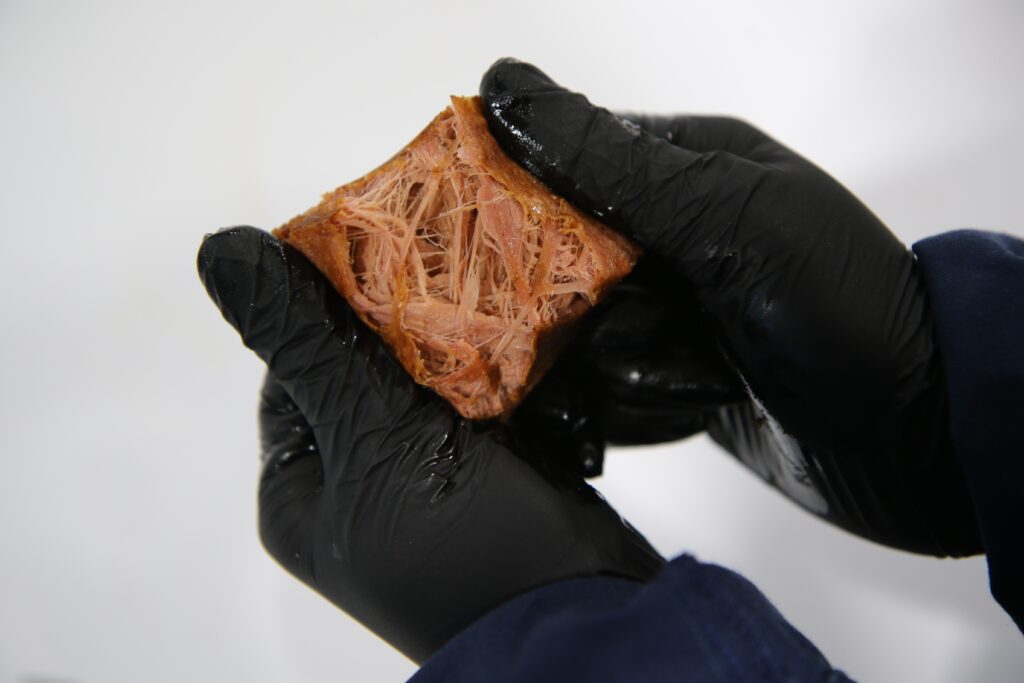
Whole cuts offer a solution. Rival Foods uses patented shear-cell technology to recreate meat’s fibrous textures. “The process can simply be explained as a pressure cooker with a rotating part, using temperature and rotation to enable deformation and alignment of proteins for fibrous texture creation,” it says on its website.
Its current portfolio includes chicken and beef, which contain a blend of plant proteins alongside water, natural aromas, herbs and spices, and salt. The chicken contains 28g of protein and 0.6g of fibre per 100g, and is available in fillets, blocks and pulled formats. The beef, meanwhile, boasts 26g of protein and 2.5g of fibre per 100g, and comes in chunks and pulled variants.
The additive-free products are specifically designed to address consumer concerns about ultra-processed foods (UPFs). Viewing plant-based meat as overly processed has led many to perceive it as unhealthy, even though experts have warned that the level of processing doesn’t define how nutritious a product is.
“Rival Foods have built something special: a scalable process to turn standard plant proteins into exciting fibrous, meat-like structures. Rival Foods’ products offer a satisfying bite with high protein content and a clean label,” said Lodewijk Meens, senior portfolio manager at ABP Netherlands’s Energy Transition & Biodiversity fund.
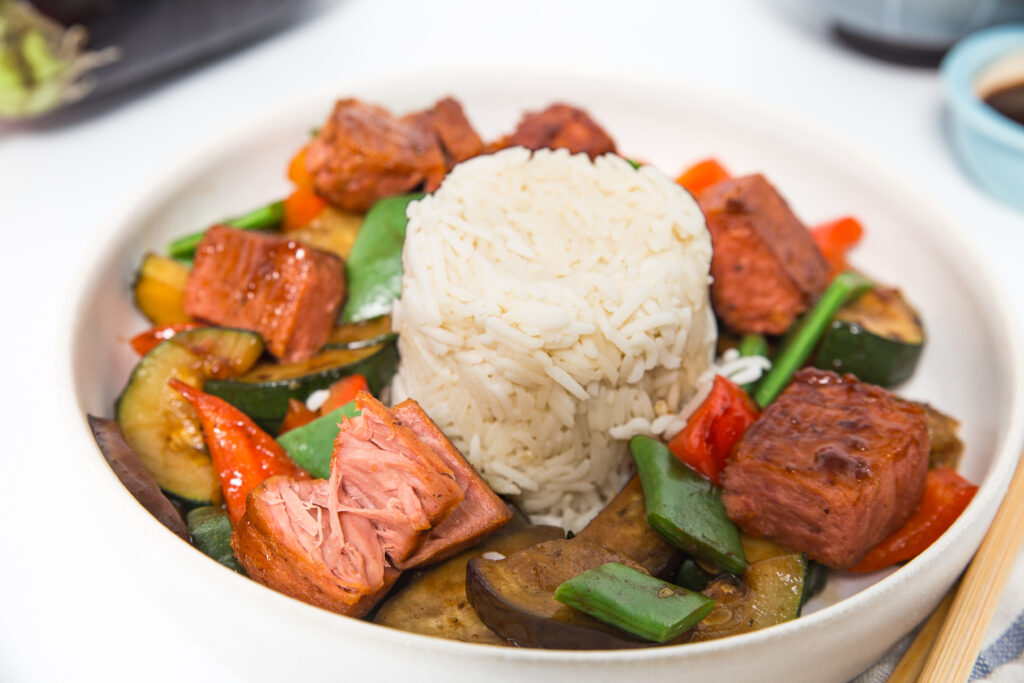
Cost reductions are key for plant-based meat
In the Netherlands, sales of meat analogues fell by 7% in retail, as consumers cooled on centre-of-plate formats like burgers and fillets. Instead, products like mince and strips worked better, possibly because they’re now 6% cheaper per kg.
Part of the reason why Rival Foods raised funds is to double its production capacity at its Geldrop facility, which will help the startup optimise its production costs and reach price parity with conventional meat.
Research shows that if plant-based alternatives are more expensive than meat, their preference falls below 20%, and if they’re priced equally, this increases to 21%. Whereas if vegan alternatives cost about half of a conventional burger, the number of people choosing the former would double. And lowering the price of the plant-based burger by even 10% would result in a 14% increase in sales.
In an interview with Green Queen, PeakBridge founding general partner Nadav Berger said if he had a magic wand to revitalise the plant-based meat sector, he’d make the products “20% cheaper than real meat”. “If it’s a really magic wand? 40% cheaper,” he added. “Texture and flavour are the other keys, but that’s already well on its way. The technology is there.”
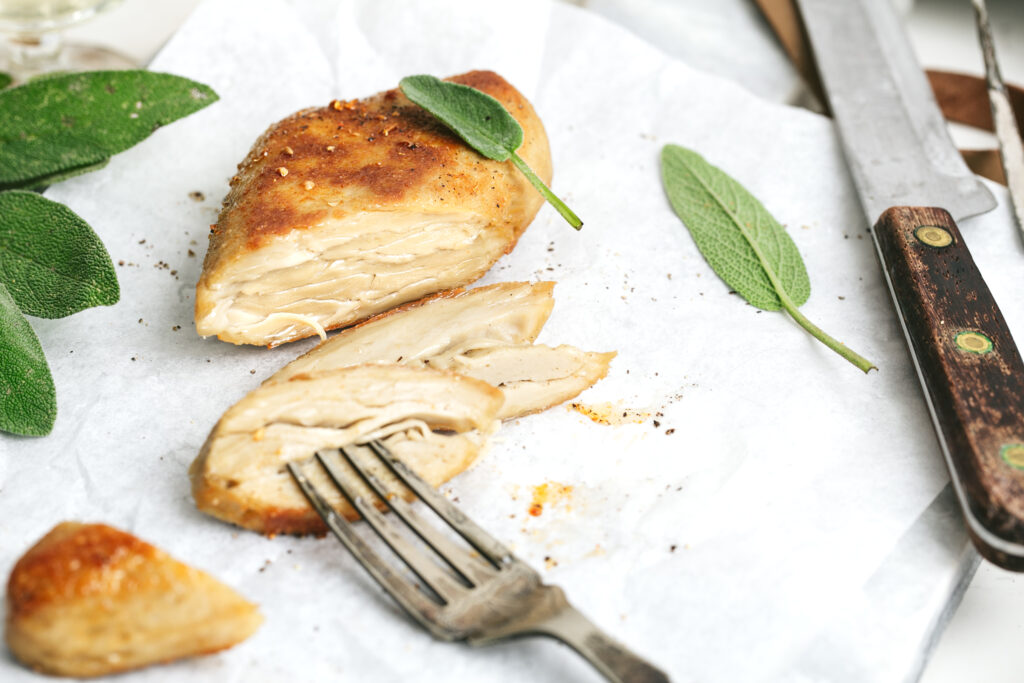
Reacting to Rival Foods’s Series B round, PeakBridge partner and COO Martina Pace echoed the sentiment. “Real success in the alternative protein space demands three tough things to achieve: great taste, texture, and competitive prices. We’re proud to see Rival Foods achieving all three, she said.
The company employs a B2B approach, working with chefs, retailers and brands across Europe to bring plant-based whole cuts to consumers. The new capital will help fuel its international growth, establish new partnerships with major clients, and expand its team.
Whole-cut meat alternatives stand to win
Expansion beyond Europe will only help the brand. In the US, while the overall category saw a 10% decline in annualised sales between 2022 and 2024, whole cuts like steaks, fillets and cutlets experienced a 16% increase.
Conventional whole cuts are also the most popular meat category stateside, regularly consumed by 68% of Americans. For plant-based versions, this drops to 30%, though 44% would consider eating them if these products improve.
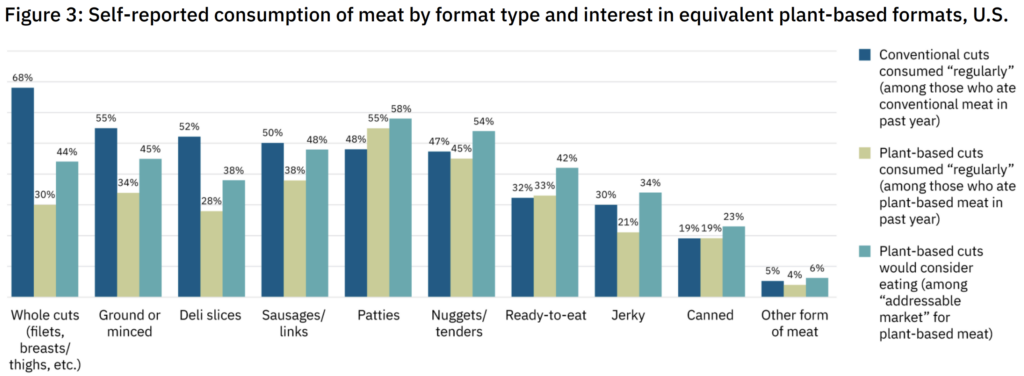
Rival Foods’ successful round is proof that investor appetite for plant-based startups exists, particularly for scalable models that address consumer needs. While this sector saw VC funding fall by 60% last year, investors have continued to back innovative startups in 2025, such as Ecovative ($11M) and Project Eaden ($15.6M).
The latter also makes whole-cut meat analogues, alongside a host of other players, including Tender Food (which raised $11M last summer), Chunk Foods, Juicy Marbles, and Redefine Meat.
The post Rival Foods: Plant-Based Meat Startup Lands $11.5M for Clean-Label Whole Cuts appeared first on Green Queen.
This post was originally published on Green Queen.